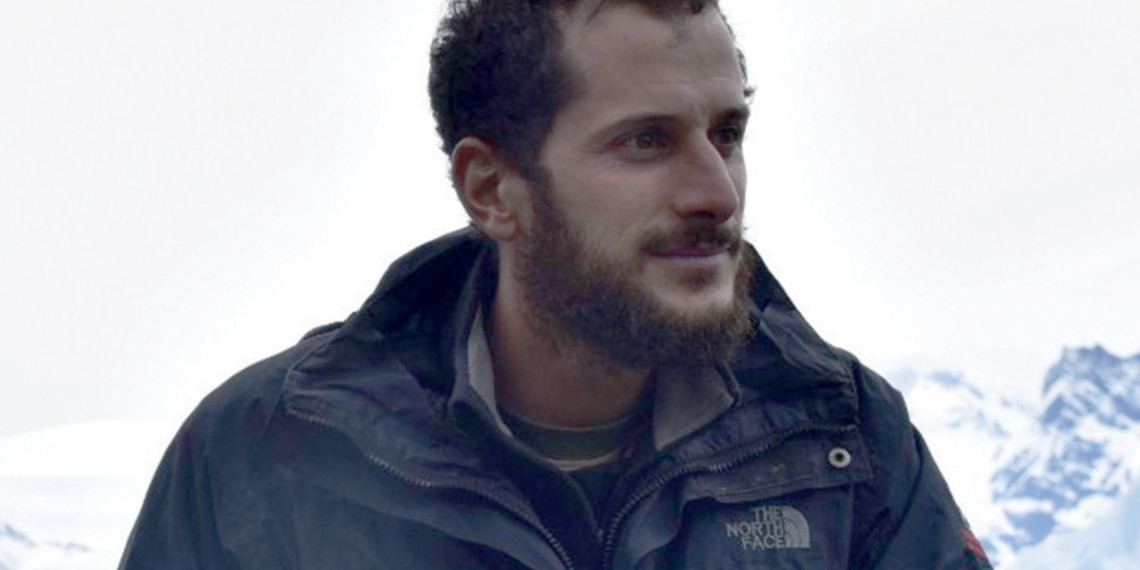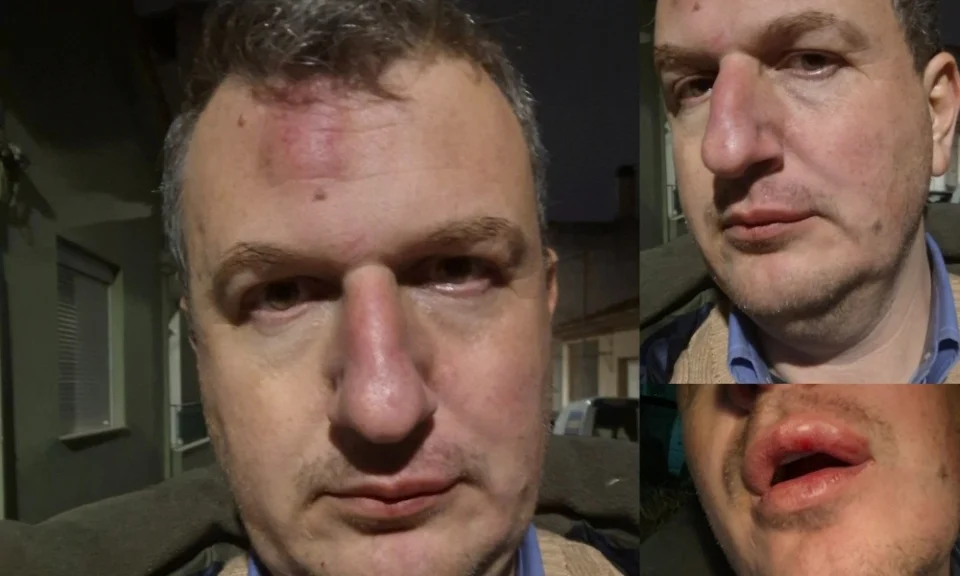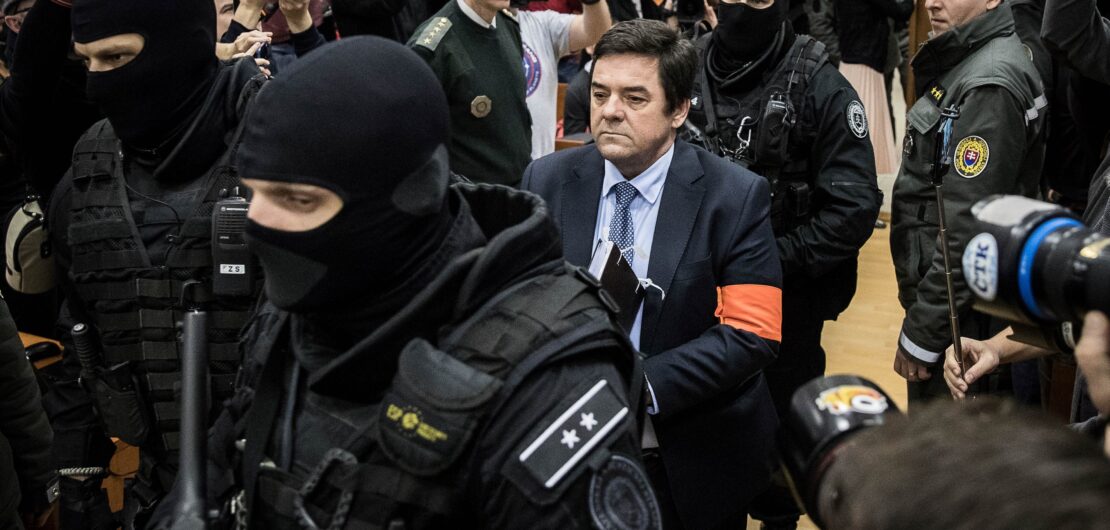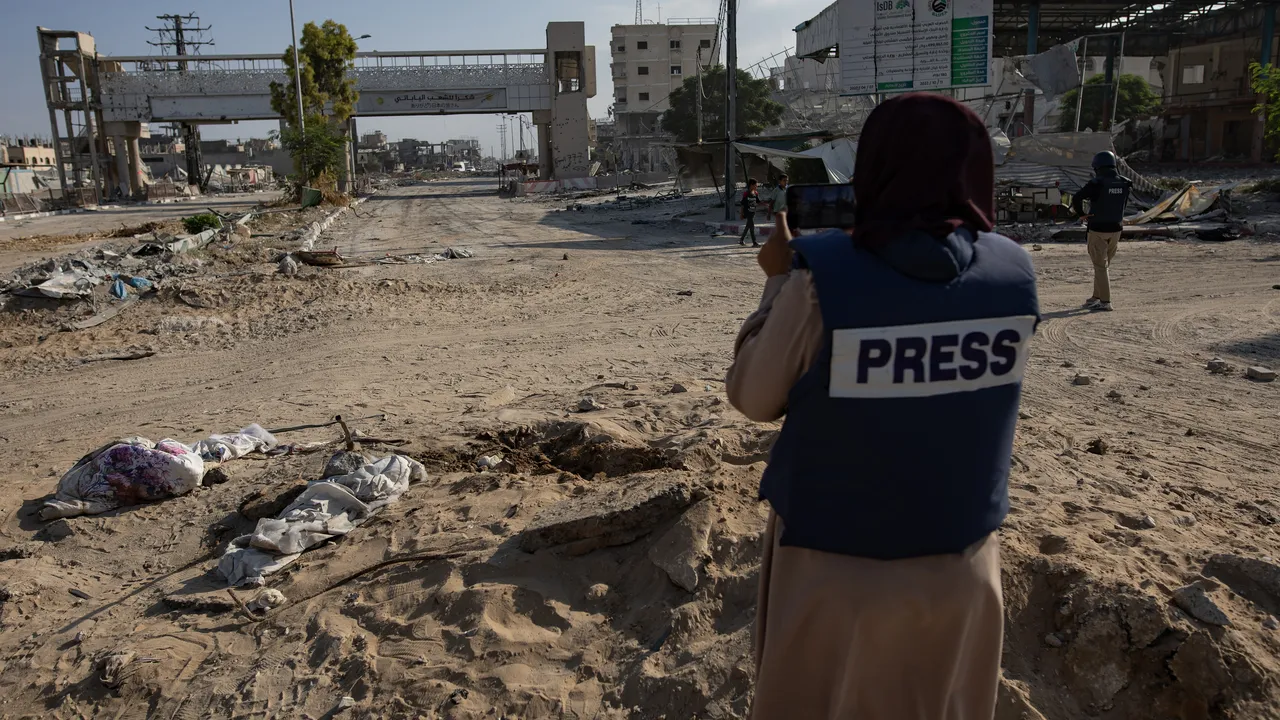
AFP Photographer Injured in Violent Settler Assault During Olive Harvest
October 11, 2025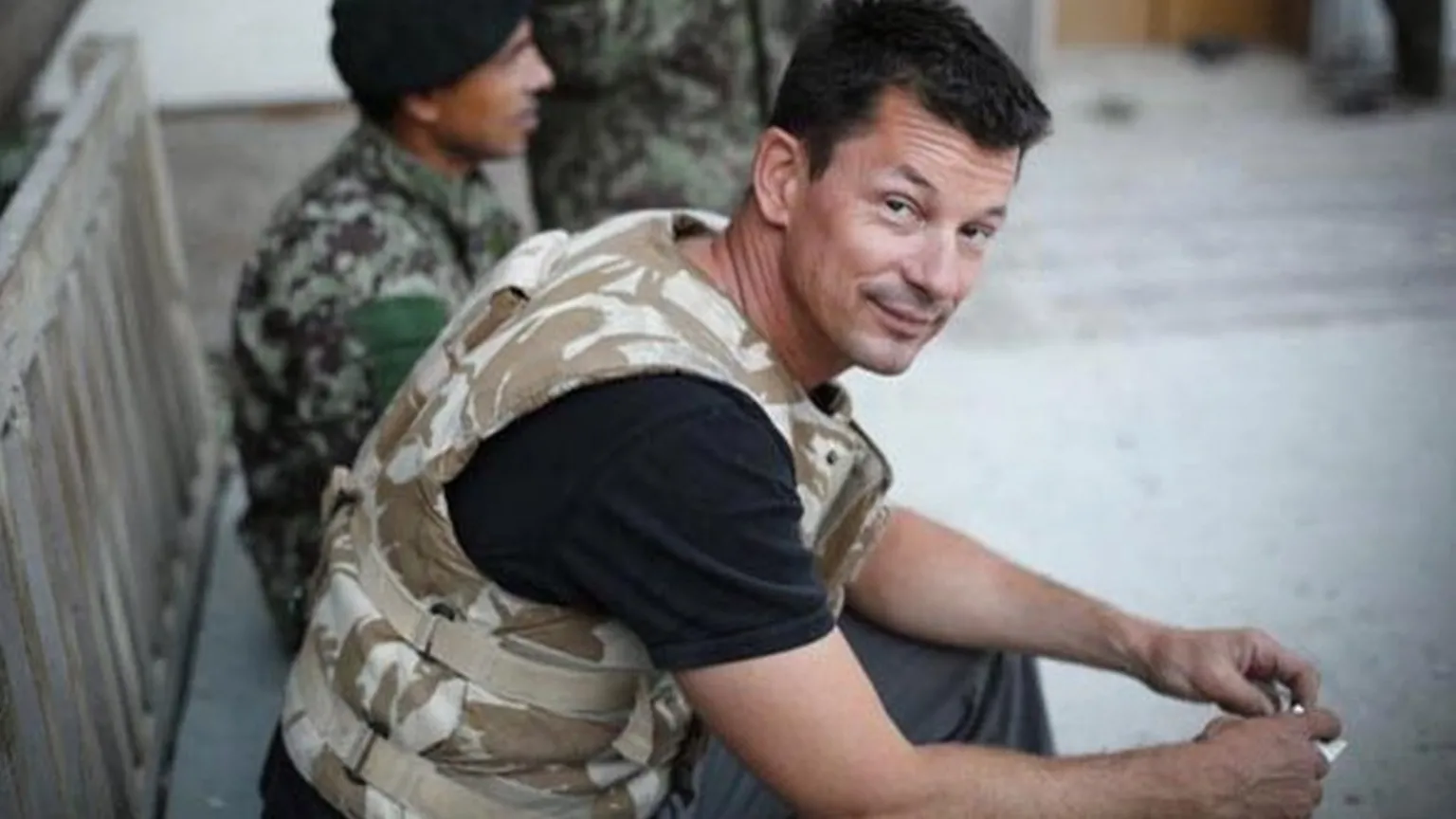
When the Camera Becomes a Target: The Abduction of a War Photographer in Syria
October 11, 2025October 11, 2025 – France/Russia/Ukraine –
On 3 October 2025, French freelance photojournalist Antoni Lallican was killed in eastern Ukraine when a Russian-controlled drone attacked his position near Komyshuvakha, in the Donetsk region. His Ukrainian colleague, Georgiy Ivanchenko, was severely injured.
Lallican, 37, had been covering the war in Ukraine since 2022 for a wide set of French and international outlets (including Le Monde, Libération, Paris Match, Der Spiegel, Die Welt, Le Temps, among others) and also worked through the Hans Lucas photography agency. He and Ivanchenko were accompanying the Ukrainian 4th Tank Brigade, reporting on fortifications roughly 20 kilometers from the frontline.
According to the details published by RSF (Reporters Without Borders) and Zmina, the journalists had previously sought cover upon hearing drone threats in the area but resumed work shortly afterward. Around 9:30 a.m., a Russian FPV (first-person view) drone carrying explosives struck the open ground where Lallican and Ivanchenko were standing, despite them wearing protective gear and clear “PRESS” markings. The explosion killed Lallican instantly, and Ivanchenko was later evacuated and underwent a leg amputation. Other civilians working nearby were reportedly also hit.
In response, both French and Ukrainian judicial authorities opened preliminary investigations. France’s National Anti-Terrorism Prosecutor’s Office (PNAT) launched a war-crimes probe, while in Ukraine, the Donetsk regional prosecutor’s office initiated an inquiry under its war-crimes statutes. RSF has called for strong cooperation to clarify responsibility.
Beyond the investigation, responses to Lallican’s death have highlighted how his killing reflects broader risks faced by journalists in war zones and the urgent need to protect those bearing witness. Russian-aligned channels also immediately sought to discredit him, labeling him a “propagandist” to undermine the legitimacy of his work and to deflect blame.
Lallican’s loss adds to a growing toll — he is among the many media workers killed in Ukraine since Russia’s full-scale invasion. His colleagues, press freedom advocates, and family continue to press for accountability — not only to honor his life, but to defend the principle that journalists are protected under international humanitarian law.
Reference –

